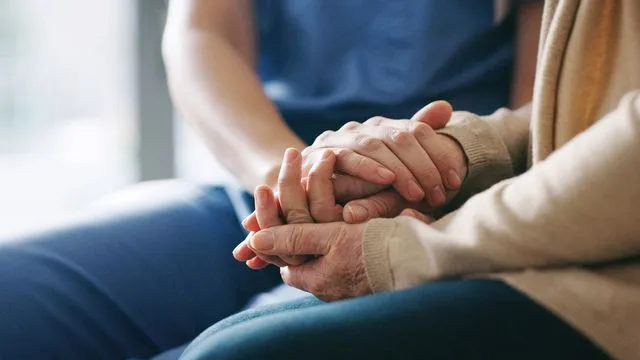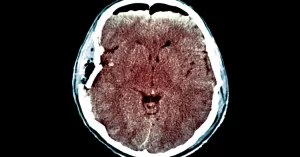Mental Wellness: A Key to Pain Management in Seniors
As we age, maintaining both physical and mental well-being becomes increasingly important. Recent research highlights a significant connection between depression in older adults and the experience of pain. This suggests that effectively treating depression could play a vital role in preventing or alleviating future pain.
The Link Between Mental Health and Pain
The study emphasizes that mental health isn’t just about emotional well-being; it has tangible effects on physical health too. Depression can amplify pain signals, making even minor discomfort feel more intense. Conversely, managing depression can reduce this amplification, leading to a more comfortable life.
Understanding the Connection
- Neurological Pathways: Depression can alter the way the brain processes pain.
- Inflammation: Mental health issues can sometimes contribute to increased inflammation, which is linked to pain.
- Lifestyle Factors: Depression can lead to inactivity and poor diet, which can exacerbate pain.
Early Intervention is Crucial
The study strongly advocates for early intervention when it comes to addressing depression in older adults. The sooner mental health issues are tackled, the better the chances of preventing or reducing the onset of chronic pain.
Benefits of Early Treatment:
- Improved Quality of Life: Reduced pain and improved mental health can significantly enhance overall well-being.
- Reduced Healthcare Costs: Preventing chronic pain can lead to fewer doctor visits and less reliance on pain medication.
- Increased Independence: Managing depression can help seniors maintain their independence and ability to participate in activities they enjoy.
Practical Steps for Seniors and Caregivers
If you or someone you know is an older adult struggling with depression or pain, consider these steps:
- Seek Professional Help: Consult a doctor or mental health professional for diagnosis and treatment options.
- Explore Therapy: Cognitive behavioral therapy (CBT) and other forms of therapy can be effective in managing both depression and pain.
- Embrace Physical Activity: Regular exercise can improve mood and reduce pain.
- Maintain a Healthy Diet: Proper nutrition supports both mental and physical well-being.
- Social Connection: Staying connected with friends and family can combat feelings of isolation and depression.
Final Overview
Taking care of your mental health is an investment in your overall well-being, particularly as you age. By addressing depression early, older adults can potentially prevent or reduce future pain, leading to a happier, healthier, and more fulfilling life.




+ There are no comments
Add yours